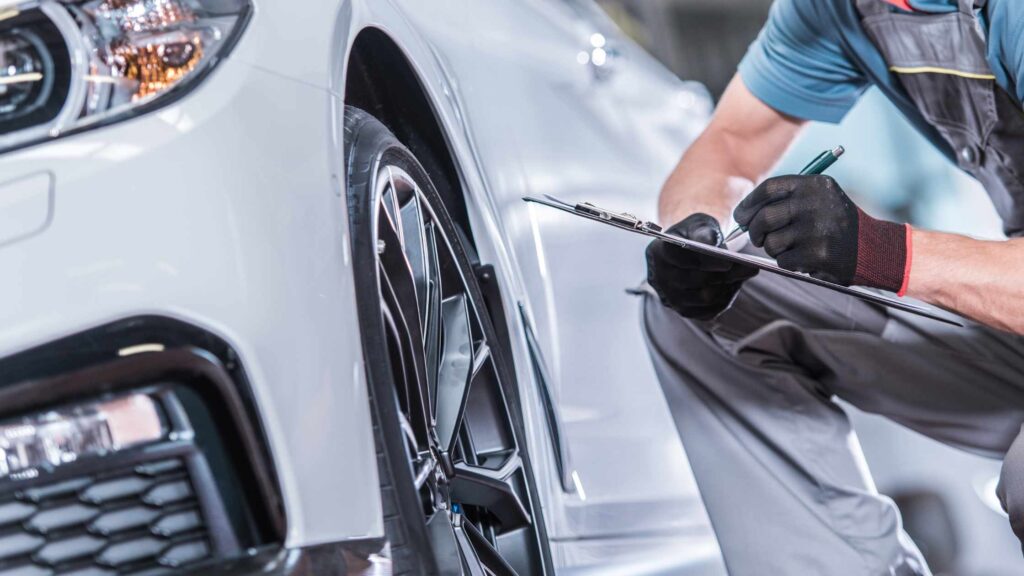Introduction
Proper tire maintenance is often overlooked by car owners, but it plays a crucial role in both safety and the longevity of your vehicle. Regularly inspecting and maintaining your tires can help prevent accidents, improve fuel efficiency, and save you money in the long run. In this article, we will delve into the importance of regular tire maintenance and provide valuable tips to keep your tires in optimal condition.
Safety First
One of the primary reasons why regular tire maintenance is crucial is safety. Your tires are the only point of contact between your car and the road, and their condition significantly affects the overall safety of the vehicle. Worn-out or damaged tires can compromise the grip and handling of your car, especially during adverse weather conditions. This, in turn, increases the risk of skidding, hydroplaning, and accidents.
Increased Longevity
Regular maintenance also enhances the longevity of your tires. By properly caring for your tires, you can extend their lifespan and delay the need for replacements. Tire replacements can be expensive, so maximizing the lifespan of your tires helps save money in the long run. Additionally, by taking care of your tires, you are also indirectly prolonging the life of other vehicle components, such as the suspension and steering system.
Tire Pressure
Maintaining proper tire pressure is crucial for safety and longevity. Underinflated or overinflated tires can adversely affect handling, braking, and fuel efficiency. It is essential to check tire pressure regularly and ensure that it matches the recommended levels specified by the vehicle manufacturer. Low tire pressure increases the risk of blowouts and can cause uneven tread wear, leading to the need for premature tire replacements. On the other hand, overinflated tires can result in a harsh ride and reduced traction.
Tread Depth
The tread depth of your tires plays a vital role in maintaining traction on the road. As the tire wears down, the tread depth decreases, leading to reduced grip and traction. This can be especially dangerous on wet or icy roads. It is recommended to regularly check the tread depth using a tread depth gauge or the penny test. If the tread depth falls below the recommended levels, it is time to replace the tires. By ensuring proper tread depth, you can significantly improve the safety and handling of your vehicle.
Alignment and Rotation
Proper alignment and regular rotation of your tires can greatly improve their longevity. When your tires are not properly aligned, they can wear out unevenly. This can result in increased tire wear on certain areas, leading to the need for premature replacements. Regular rotation, on the other hand, ensures even wear on all tires and extends their lifespan. It is advisable to follow the recommended rotation schedule specified by the vehicle manufacturer to ensure optimal tire performance.
Visual Inspection
Regular visual inspections of your tires can help identify any signs of damage or wear. Look out for cuts, bulges, or punctures on the tire sidewalls, as these can lead to sudden blowouts. Check for any nails or foreign objects stuck in the tread, as they can cause slow leaks or tire damage. Additionally, pay attention to any uneven tread wear patterns, which could indicate alignment or suspension issues. Early detection of such problems can help prevent further damage and ensure the safety of your vehicle.
Tire Maintenance Tips
Here are some essential tire maintenance tips to keep in mind:
- Regularly check tire pressure and ensure it matches the recommended levels.
- Monitor the tread depth and replace tires when they reach the minimum required depth.
- Follow the recommended tire rotation schedule specified by the vehicle manufacturer.
- Inspect your tires visually for any signs of damage, wear, or foreign objects.
- Ensure proper wheel alignment to prevent uneven tire wear.
- Avoid overloading your vehicle, as it puts excessive strain on the tires.
- Be mindful of your driving habits and avoid aggressive acceleration, braking, and turns.
Summary
Regular tire maintenance is vital for both safety and the longevity of your vehicle. By prioritizing tire maintenance, you can ensure optimal grip, handling, and fuel efficiency, while also avoiding costly tire replacements. Remember to regularly check tire pressure, monitor tread depth, and visually inspect your tires for signs of damage. Additionally, proper wheel alignment and tire rotation are essential for even tread wear and extended tire lifespan. Stay proactive with tire maintenance, and you’ll enjoy a safer and smoother driving experience.







